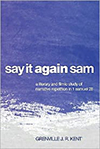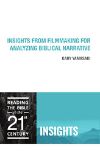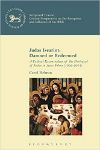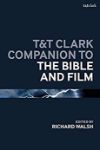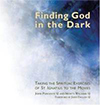- Author(s): Bertha A. Manninen Ph.D.
- When: 2016-04
- Where: Journal of Religion & Film
John Hick (1922-2012) was an extremely influential philosopher of religion who wrote ground-breaking essays in the areas of religious epistemology, religious pluralism, and the problem of evil. With specific reference to the latter, in his book Evil and the God of Love(1966), Hick devised what has come to be known as the “soul-making theodicy” – in essence, Hick argues that one of the reasons God allows so much apparently pointless suffering in the world is because it is an essential aspect of advancing our moral and spiritual education.
Although perhaps an unlikely venue, I will argue that Disney/Pixar’s 2015 animated film Inside Out can help us see how suffering serves the role Hick attributes to it. One of the film’s many messages is that suffering not only forms the foundation for the cultivation of compassion and human intimacy, but is an indispensable aspect of attaining a healthy moral, spiritual, intellectual, and mental maturity.
While there is little to suggest that Inside Out 's director Peter Docter had theodicies specifically in mind while making the film (though he has admitted that his Christian views have infused his films in the past), the fact that we can appeal to philosophy and theology to further our understanding of the film's themes illustrates the connection these fields of study can have to (secular) popular culture, and that theists and non-theists can find common language to talk about the perennial philosophical issues that permeate human existence.


